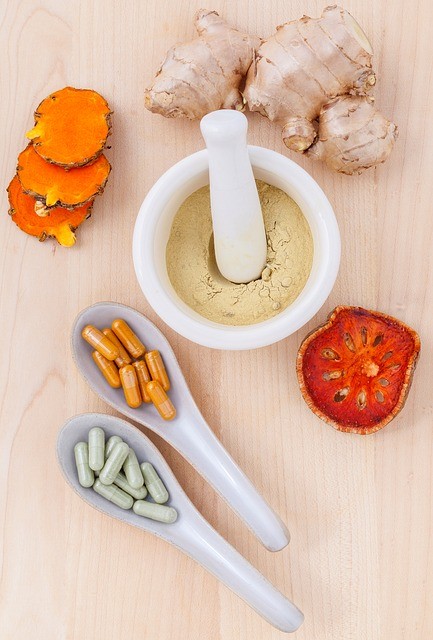The basics
Essentially, TCM is a way in which body, mind and spirit are all connected. One aspect directly affects the other. Aside from this, the seasons, weather and the planets also affect how we feel, for better or worse. If you are suffering from some kind of ailment, it is more than likely that one energy flow in your body is obstructed and should thus be correctly balanced. Out of balance means out of shape and in order to feel well, everything must connect and move in harmony with one another. Most importantly, your physical well-being is greatly affected by your mental well-being. To have one without the other is impossible. You may notice how your emotional state can often impact your physical state, even in very small ways. Our skin can look duller, our hair loses its shine, we catch colds quickly and lose them slowly. TCM is a philosophy translated into real actions that can improve how we think and feel. Let’s take a look at the how." align="alignright" Traditional Chinese Medicine (TCM)
Diet and TCM
We all know that nutrition is extremely important. Eating a balanced diet is something that is parroted at us on a daily basis. TCM divides food into two distinct groups. We have the typical health foods that are alleged to give us vitality and enhance our physical condition. Secondly, we have food that is only prescribed for a short period of time to help with a specific ailment. These are most commonly ginger, ginseng, herbs and seeds which can target a particular problem. These are foods that have to be eaten when a part of the body is out of balance. TCM believes that each food has its own property and energy, which will then be disseminated throughout the body. When visiting a TCM practitioner, they will most likely prescribe something that will help you recuperate from an illness or ailment, based on centuries of tradition. For a full list of foods used in TCM, take a look here. Traditional Chinese Medicine (TCM)
Traditional Chinese Medicine (TCM)Acupuncture and acupressure
Nearly all of us are familiar with the practice of acupuncture and we can be forgiven for thinking that it looks a little scary. Having needles placed in areas of your body that are sensitive to the touch may sound like anyone’s idea of hell. However, acupuncture is specifically to diagnose and prevent problems that may occur in the future. One of the great tenets of TCM is that your body has the ability to heal itself, even if it may need a helping hand now and then. Acupuncture is essential for prevention over cure and will give you clues into how your body is working. Far from painful, acupuncture is relied upon to reach a level of self-care that does not necessitate the use of cures over prevention. Of course, acupuncture should never be done at home and it is essential that you visit an expert. For a list of reputable acupuncture clinics in Hong Kong, visit here.Acupressure on the other hand is a type of massage that improves your organ function, contributing to a greater sense of overall health. The most common way of doing this is by following The Four Energy Gates rules of massage. All of the practices are easy to do and can be implemented into your daily life without too much difficulty. Of course, for further guidance, it is highly recommended that you visit a professional. If you have any doubts about your health, then always consult a doctor before trying anything new. The idea is to do more good than harm and the idea of ‘physician, heal thyself’ may well work in theory but you might want to seek advice before starting with the practice.
In the second part of this series, we will take a look at how TCM can have a beneficial effect on your mental health and in turn, your physical condition.
